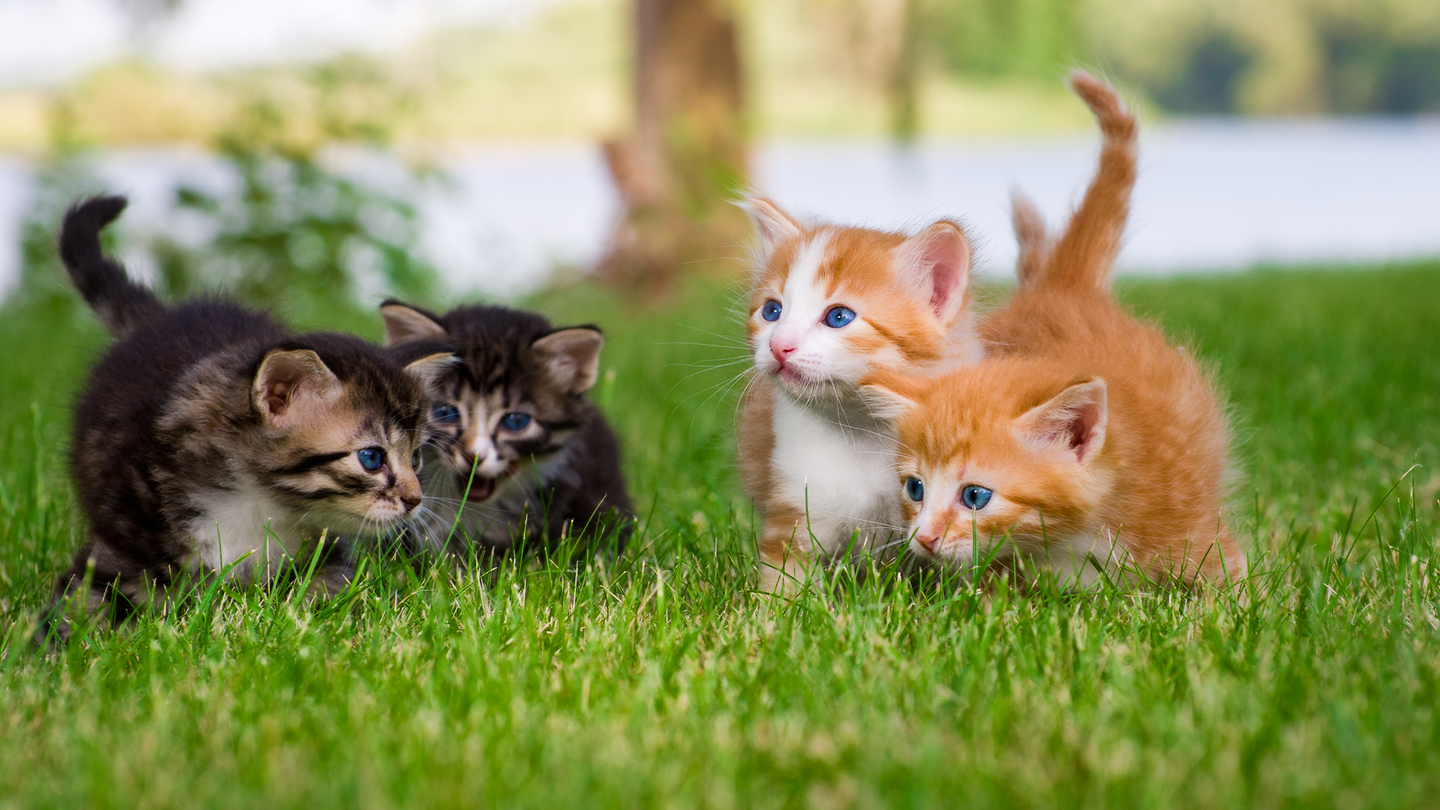A new shot can be a safe and effective alternative to surgical spaying
Keeping feral-cat populations under control is important for protecting animals and the planet.

A staggering 80 percent of the world’s 600 million estimated domestic cats are stray or feral animals. These cats face a number of problems including cars, infectious diseases, and predators. As game show host Bob Barker said at the end countless episodes of The Price is Right, spaying or neutering can help control the homeless pet population, in addition to overcrowding at shelters. Not to mention, keeping the feral cat population in check minimizes the risk of the critters preying on wild animals and threatening the ecosystem.
[Related: Culver City is home to a unique cat versus coyote conflict.]
Now, a potential new method of kitty contraception that uses long-lasting injections to prevent ovulation is showing early promise. According to a study published June 6 in the journal Nature Communications, a single dose of anti-Müllerian hormone (AMH) gene therapy can induce long-term contraception in domestic cats. This potentially provides a safe and effective alternative to surgical spaying.
AMH is a naturally occurring non-steroidal hormone produced in the ovaries of female mammals and inside the testes in males. Scientists had previously researched AMH as a way to protect ovarian reserve in those undergoing chemotherapy. This background helped the authors discover that raising AMH levels beyond a certain threshold suppressed the growth of ovarian follicles. This effectively prevents ovulation and thus conception.
After switching their attention from rodents to felines, the team created an adeno-associated viral (AAV) gene therapy vector that has a slightly altered version of the feline AMH gene. The Food and Drug Administration has approved human therapies that use similar AAV vectors to deliver therapeutic genes.
“A single injection of the gene therapy vector causes the cat’s muscles to produce AMH, which is normally only produced in the ovaries, and raises the overall level of AMH about 100 times higher than normal,” co-author and associate director of the Pediatric Surgical Research Laboratories at Massachusetts General Hospital David Pépin said in a statement. Pépin is also an associate professor at Harvard Medical School.
In the study, six female cats were treated with the gene therapy at two different doses, while three cats were the controls. The team brought a male cat into the female colony for two four-month long mating trials. They followed the female cats for over two years, assessing the effect of the treatment on reproductive hormones, ovarian cycles, and fertility.
According to the results, all of the control cats produced kittens, but none of the cats that received the gene therapy got pregnant. Important hormones like estrogen were not affected by surprising ovarian follicle development and ovulation. The team didn’t observe any adverse effects on the treated female cats, showing that the gene therapy should be safe and well tolerated at the doses tested.
[Related: Declawing cats is harmful. Do this instead.]
“The treatment maintained high AMH levels for over two years, and we’re confident that those contraceptive levels will be sustained in the animals for much longer,” co-author, veterinarian, and Massachusetts General Hospital research fellow Philippe Godin said in a statement. Godin added that more studies in a larger number of cats are needed to confirm these promising findings.
The team also notes that this technology may be a bit ahead of its time, as the infrastructure needed to produce enough doses to sterilize millions of cats with gene therapy has yet to be built.
“Our goal is to show that safe and effective permanent contraception in companion animals can be achieved using gene therapy,” said Pépin. “And we hope that as the manufacturing capability of producing viral vectors increases with the rise of gene therapy in humans, delivering this contraceptive in the field to control unowned outdoor cat populations will become feasible.”
